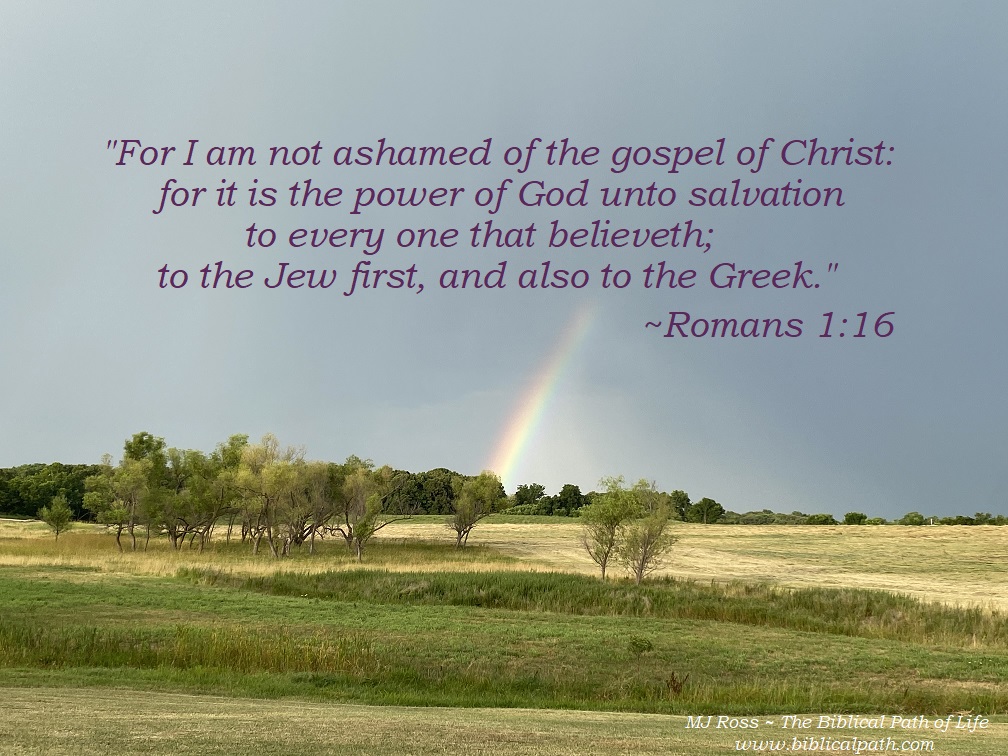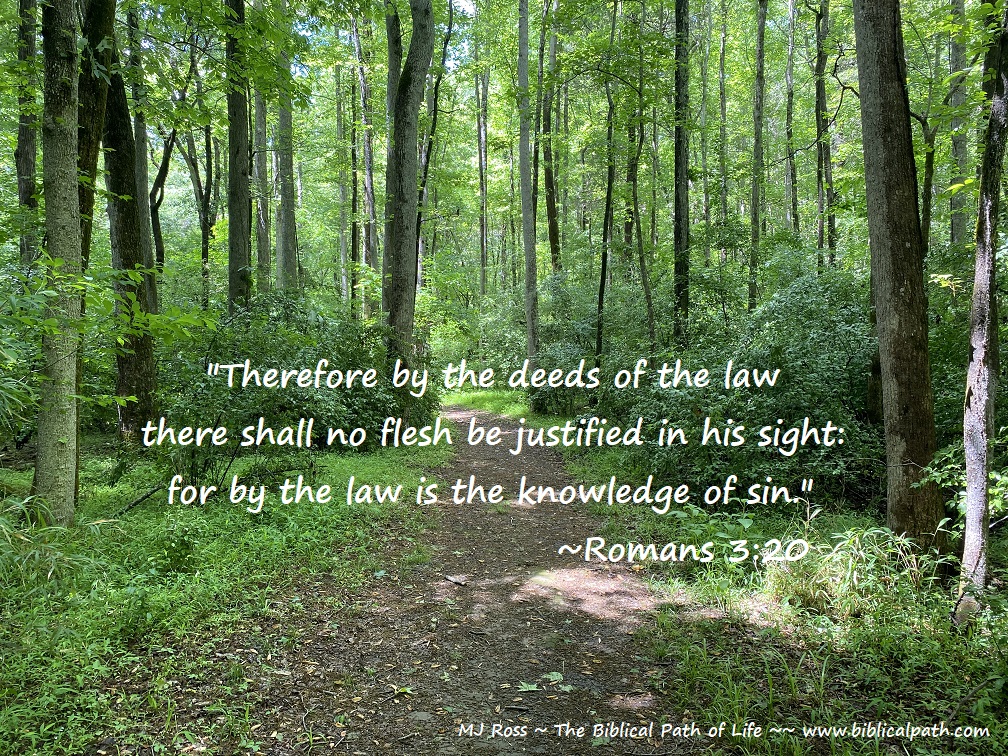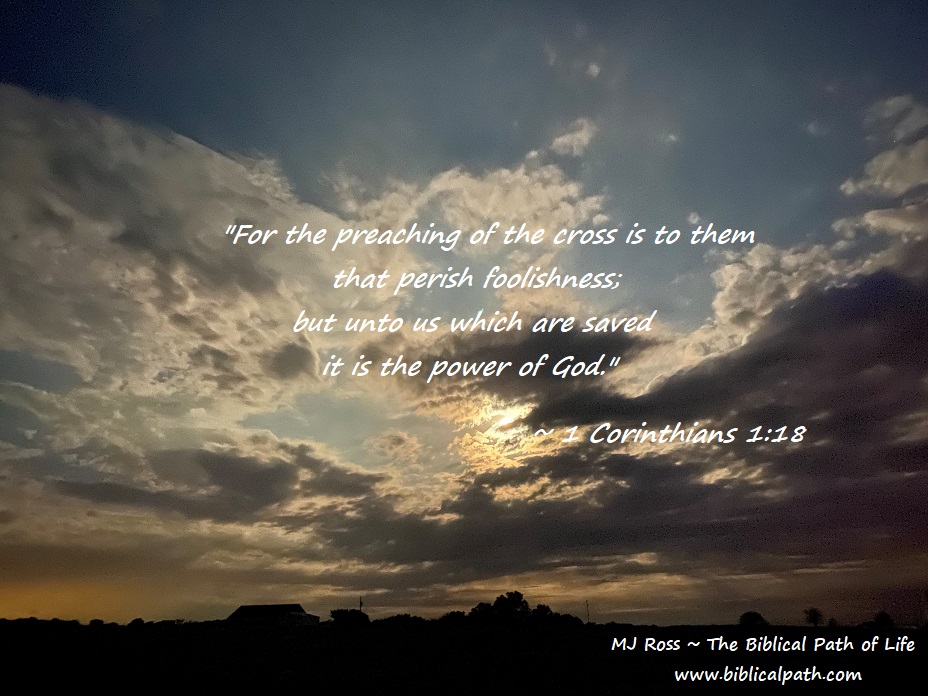
2 Corinthians 4:7
Paul had been called to be a light to the Gentile people, telling them of the Gospel message of Jesus. He wanted all to understand each person is a sinner (see Romans 3:23), and that all would die an eternal death unless they trusted in Jesus (see Romans 6:23). Paul understood the importance of teaching the truths of the Gospel message. “1. Therefore seeing we have this ministry, as we have received mercy, we faint not; 2. But have renounced the hidden things of dishonesty, not walking in craftiness, nor handling the word of God deceitfully; but by manifestation of the truth commending ourselves to every man’s conscience in the sight of God” (2 Corinthians 4:1-2).
- Dishonesty means “shameful actions; disgraceful conduct; hidden things of shame; clandestine conduct of which disciples of Christ should be ashamed.”
- Craftiness means “shrewd; unscrupulous; the employment of any or all means necessary to apprehend an end.”
- Handling the word of God deceitfully means “adulterating the word of the gospel (and its instructions of men in religion) with the notion of unjust lucre, gain or profit.”
- Manifestation means “to make visible or observable.”
Paul was not dishonest, crafty, or deceitful in the way he taught the Gospel or doctrines of Jesus. Instead, he made it not only visible in his life but also observable in his lifestyle. That is to be the conscience effort of each Christian – to tell others simply and honestly, without any trickery, about Jesus. However, more than that, we are to “flesh” it out – live it daily. So that all can see what God can, and will do, through Christian’s lives. Remember Jesus’ final instructions before he ascended into heaven: to be witnesses to the uttermost part of the earth (see Acts 1:8). Each Christian is responsible to share the Gospel message of Jesus.
Paul continued. “3. But if our gospel be hid, it is hid to them that are lost: 4. In whom the god of this world hath blinded the minds of them which believe not, lest the light of the glorious gospel of Christ, who is the image of God, should shine unto them” (2 Corinthians 4:3-4). Paul had not failed to tell others consistently about Jesus, so if they did not receive or understand the Gospel message it was because “the god of this world” (which is Satan) hid it from them. Remember how many had rejected Jesus – who declared to all, that He is the Light of the World. “19. And this is the condemnation, that light is come into the world, and men loved darkness rather than light, because their deeds were evil. 20. For every one that doeth evil hateth the light, neither cometh to the light, lest his deeds should be reproved” (John 3:19-20). Most people find it easier to believe a lie (remember Satan is the father of lies, see John 8:44), instead of the truth.
Paul understood the heart of the message. “5. For we preach not ourselves, but Christ Jesus the Lord; and ourselves your servants for Jesus’ sake. 6. For God, who commanded the light to shine out of darkness, hath shined in our hearts, to give the light of the knowledge of the glory of God in the face of Jesus Christ” (2 Corinthians 4:5-6). Only God can convict the heart of sin. Only Jesus can save. “But we have this treasure in earthen vessels, that the excellency of the power may be of God, and not of us” (2 Corinthians 4:7). Earthen vessels means “the human body as formed of clay and this feeble and frail.” Paul understood that it was not in his frail, human, body that the ability to save was given, but it is in the power of God alone. Yet God used Paul in his frailty to accomplish God’s plan.
Is it difficult to allow God to use one to accomplish His plan? Paul declared that with every part of his being, he lived a life that revealed Jesus to any who saw him (see 2 Corinthians 4:8-11). But with that came much persecution and troubles on every side. Nevertheless, Paul understood the importance of putting his own flesh to death and living in the Spirit. “So then death worketh in us, but life in you” (2 Corinthians 4:12). Because Paul followed God’s will, not living for himself, others could see Jesus, which allowed them the opportunity to choose life eternal.
Jesus is always the best example to follow. “Jesus saith unto them, My meat is to do the will of him that sent me, and to finish his work” (John 4:34). Meat means “denotes sustenance; nourishment.” Jesus understood that pleasing God, doing the work He has for one, is very important – even life sustaining. We are to follow Jesus’ example. Christians are not to do what we want, but what God wants us to do. Jesus completed everything God wanted Him to do (see John 19:30).
Have you allowed God to use you, in your frailty, to accomplish His plan for you as you share the Gospel message?









